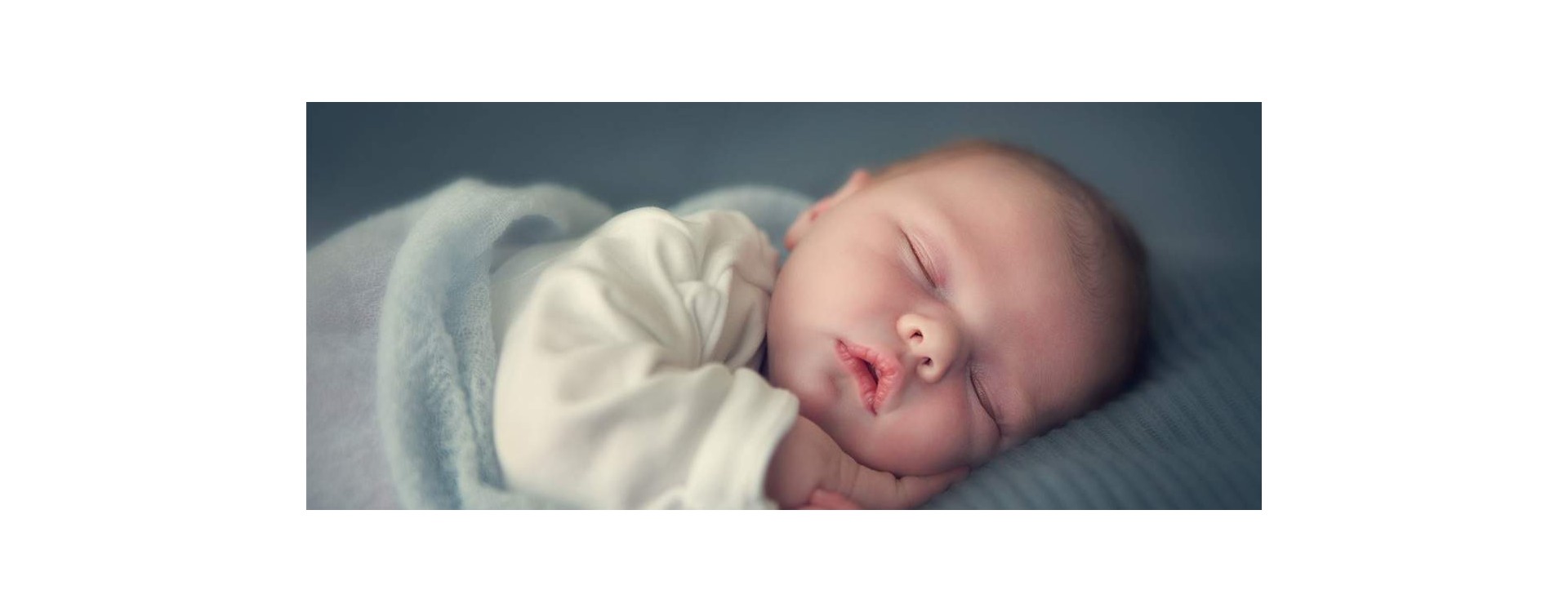People say that breast milk ensures perfect immunity and the baby cannot become ill. In fact, breastfed babies do acquire immunity within the first three months of their life but only against a part of microorganisms that cause rhinitis. As the babies grow bigger, the acquired immunity grows weaker, while breast milk makes the weakening slower. Breastfed babies have rhinitis within the first three months of their life only if infected with the agents they have no immunity against. Breast milk cannot protect babies from rhinitis caused by various allergens, dust and fume.
Rhinitis is a serious disease at any age. However, it is especially serious in the babies: if a baby cannot breathe through the nose, he/she also cannot eat from breast or bottle easily. Unfortunately, nose congestion and snuffle without rhinitis usually bother babies at the first month of their life or in the case of dry ambient air. Babies come from amniotic fluid. Their mucus spends nine months in wet environment before birth, so sometimes their nasal mucus gets too dry until the newborns finally adapt to the new environment.
Everything, what makes breathing through nose difficult, makes the baby more irritable and thus bothers parents. Awareness of how to take care of the baby’s nose might help.
Take the baby with rhinitis in your hands and walk for a while and raise the head of the bed and let him/her lie half seated. This is what facilitates the baby’s nose to get rid of mucus. Rhinitis makes the mucus flow into the nasopharynx and provokes cough, which also annoys the little ones.
Use electric air humidifiers or, at least, put a wet clean laundry on the radiators in the baby’s room. Suck nasal mucus out of the nose using a special pump. If you doctor prescribes nasal drops, use them only after sucking mucus out. Use only prescribed drops in prescribed doses. If you overuse, the baby’s nose may get used to the drops. Use nasal drops, when your baby cannot fall asleep or eat due to the disordered breathing through the nose.
Some mothers follow advice of their grandmothers and drip their breast milk into the baby’s nose in the case of rhinitis. Breast milk is not a cure and it does not shrink the nasal blood vessels. Breast milk might thicken secretion or even cake to the nose thus increasing congestion and making another problem to clean thick secretion.
In any case, the first-aid for a running or congested nose is nose humidification and washing with saline or sea water. Factory-made, safe, specially adjusted for babies, provided with lesion-preventing tip and ensuring the best composition, this is what the most convenient sea water should be. Sea water can be used within the first days of illness every 2-3 hours. However, if rhinitis lasts longer, you should see a doctor. If the baby’s nose is dry and congested, mother can take care of the baby’s nasal hygiene by periodically washing the little nose with sea water without consulting a doctor.




